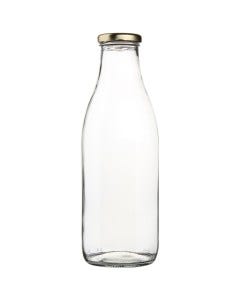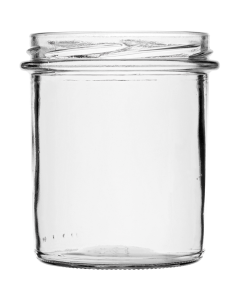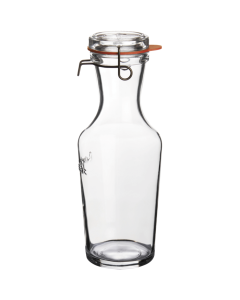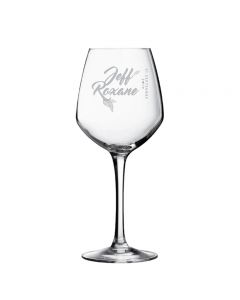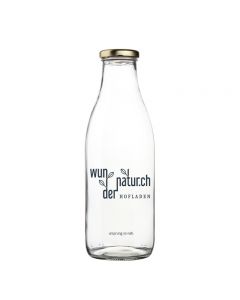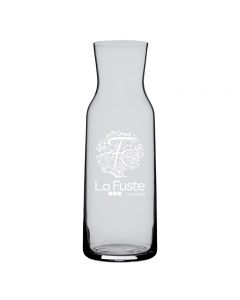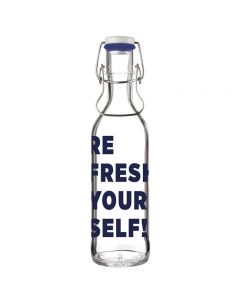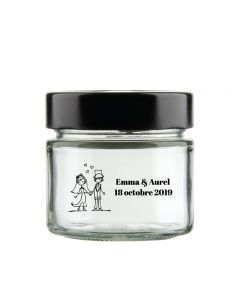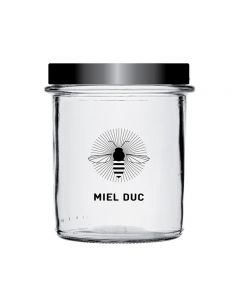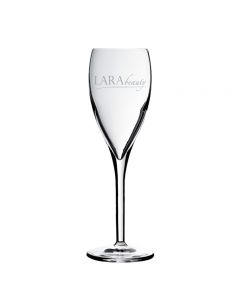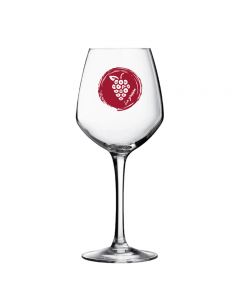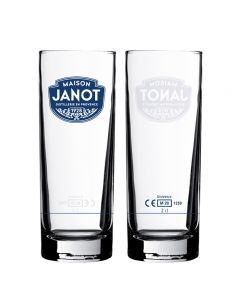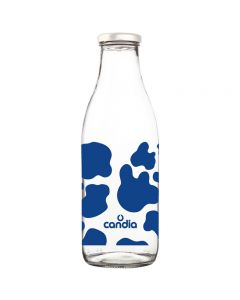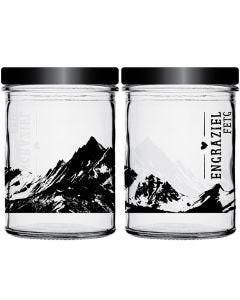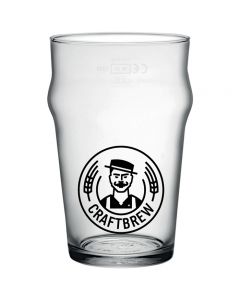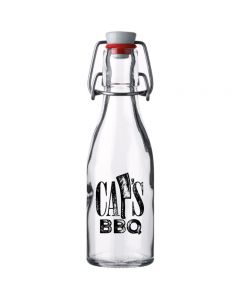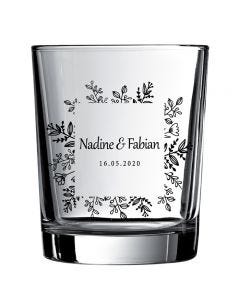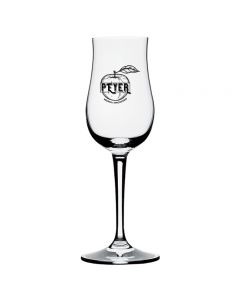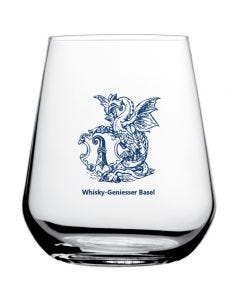In this day and age, we ask ourselves how to live more sustainably and what each and every one of us can do for the environment. After the success of the "February without supermarkets" initiative in Switzerland and France, we would like to show you how you could live more sustainably all year round. We would like to show you different glass storage jars and how they can be used in different ways.


WHAT DOES IT MEAN TO CONSUME DIFFERENTLY?
This phenomenon of disintermediation* is a growing trend that forces each of us to think about our daily consumption and to look for alternatives to the supermarkets and turn to local actors.
Why does it make sense to change our consumption patterns?
- Consuming differently for the benefit of our planet: Bringing glass storage jars helps to reduce waste (over-packaging).
- Consuming differently to support a different economic model that brings together local producers and independent companies.
- Consume differently to (re)establish social contacts in your village
If the type of consumption is chosen, the status of the consumer can be changed to that of a "consumer actor".


Changing consumer behaviour with glass storage jars
It is observed that more and more other consumption patterns are emerging. From direct sales to the local unpackaged shop; we have gathered all the tips and addresses to use your glass storage jar as often as possible.
1. Direct sales
Consumers are sensitive to the origin of each product, so direct sales are reassuring. The principle is to buy food directly from the place of production. This can be from a gardener or a cheese producer. The direct exchange with the producer is very rewarding and allows you to learn more about the production process. Every producer is happy to fill your glass storage jars.
2. Self-service
The provision of a small self-service market by our local producers, open 7/7 and generally 24/24, allows you to make your purchases at any time. Everyone is free to choose, weigh and fill their glass storage jars! This system, based on trust and without middlemen, is a way of obtaining products at very competitive prices.
3. Self harvesting
In recent years it has been observed that more and more people are returning to nature. In view of the urban and hyper-networked world, consumers want to have more contact with nature and harvest their own fruit and vegetables. This playful way of consumption, which is very much appreciated by families with children, allows you to fill your glass storage jars directly and have a sociable time.


4. Shopping without middlemen
Shopping without middlemen are small grocery stores, which are located directly at the local producers. The principle is to reduce the intermediaries between the producer and the consumer. They are also called participatory or community shops and find not only the products of the producer but also those of neighbouring producers or craftsmen.
This makes it possible to find a wide range of fresh products such as fruit, vegetables or dairy products, but also dry or non-food products. These are shops, but also places for exchanging and sharing food, where glass storage jars are welcome in order to limit environmental pollution.
5. Unpacked stores
In recent years, the demand for unpackaged shops has risen very strongly. The principle can be summarised as follows: from the producer to the consumer without packaging. The customers bring their glass jars of preserving jars with them, fill them with products, which are usually organically grown and usually come from the region.
Your glass storage jar
On Glassmania, you will find everything you need to pack and store your food as sustainably as possible. We especially recommend the glass storage jars, which are available in different sizes.

